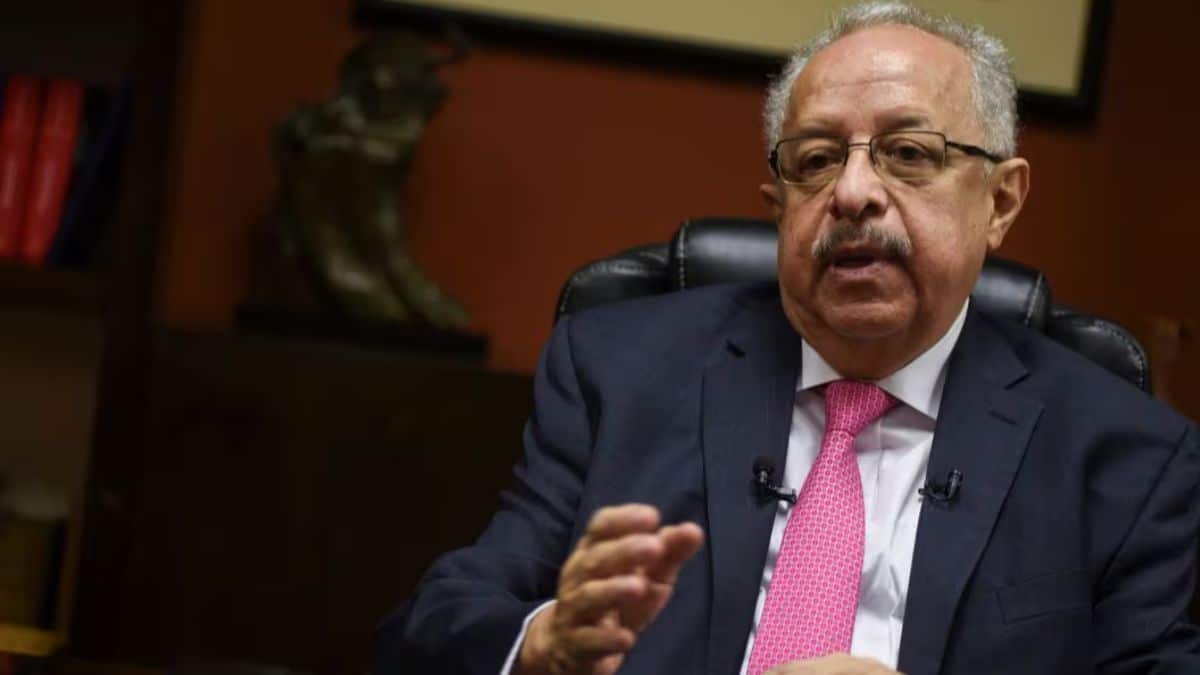Guatemala is contemplating establishing formal trade relations with China while maintaining its existing ties with Taiwan, according to the country’s foreign minister, Carlos Ramiro Martinez, in an interview with Reuters on Monday. Despite being one of Taiwan’s few remaining allies, Guatemala is considering navigating the shifting global landscape by engaging with China, which regards Taiwan as part of its territory.
Martinez emphasized that Guatemala remains committed to its partnership with Taiwan but acknowledged the significance of China’s economic influence. President Bernardo Arevalo, who took office in mid-January amid a challenging transition marked by corruption concerns, has expressed interest in both combating corruption domestically and forging ties with China.
“We are interested in approaching them to try and develop some relationship around trade,” Martinez stated, suggesting the establishment of an “office of trade interests” to explore opportunities for Guatemalan products in the Chinese market. He stressed that Guatemala’s intentions are transparent and not intended to undermine Taiwan or the United States, its traditional ally.
In response to Guatemala’s overtures towards China, Taiwan affirmed its commitment to deepen cooperation with the Arevalo administration based on shared democratic values. Meanwhile, the United States, Taiwan’s staunch supporter despite the absence of formal diplomatic relations, remains pivotal in the region and a significant arms supplier to Taipei.
China’s growing economic presence in Latin America has prompted several countries, including Central American nations, to reassess their diplomatic allegiances. Many have opted to align with China in recent years, straying from their historical ties with Taiwan.
Regarding Guatemala’s potential shift in relations, the Chinese foreign ministry reiterated its adherence to the “one China” principle, emphasizing its importance in fostering cooperation with all nations. The ministry urged Guatemala to make a decision aligned with its long-term interests.
Meanwhile, Taiwan has indicated a desire to move away from engaging in “checkbook diplomacy” with wealthier countries like China. Martinez also highlighted Guatemala’s commitment to a rights-based approach to migration, signaling a departure from past administrations’ harsh tactics.
Cooperation on combating corruption and drug trafficking will be pivotal areas of discussion with U.S. counterparts, Martinez emphasized. He noted the re-establishment of aid channels that were previously frozen, indicating a renewed commitment to collaboration with the United States.
Overall, Guatemala’s potential diplomatic realignment underscores the complex geopolitical dynamics in the region, with implications for both regional stability and international relations.

